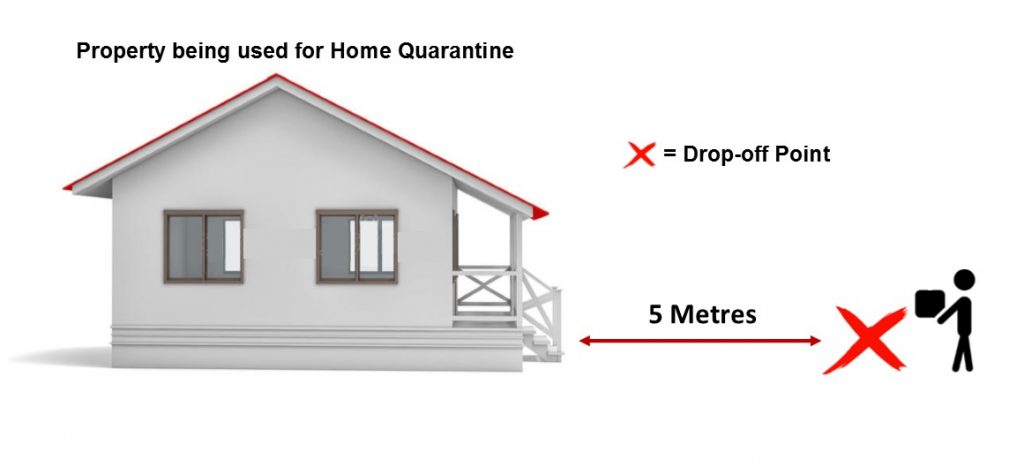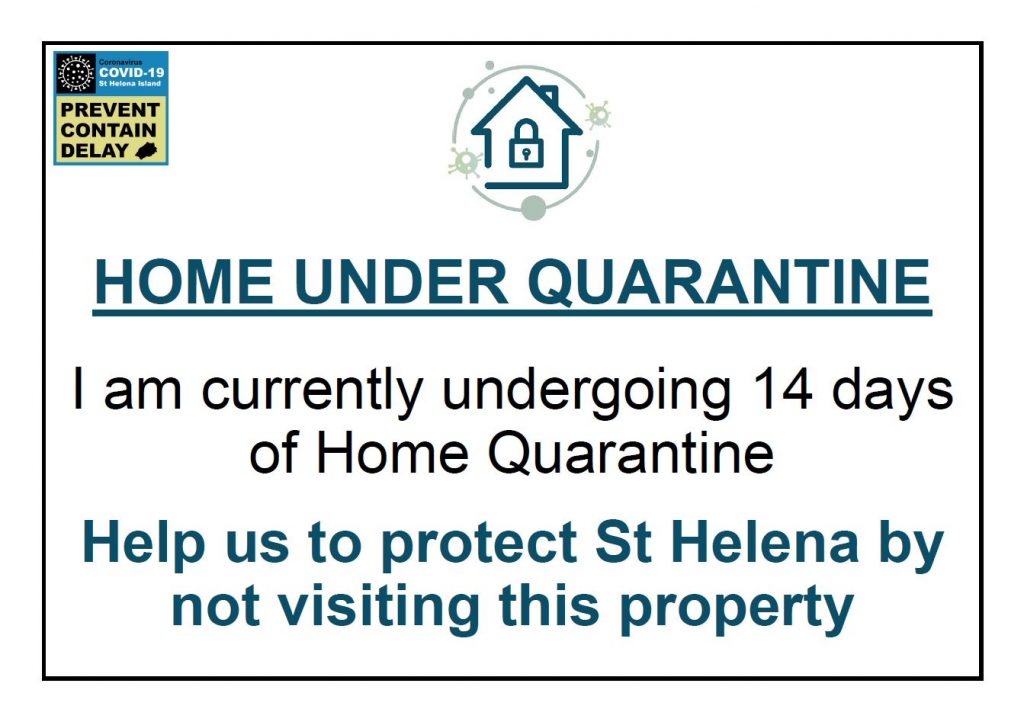24 November 2020
The Incident Executive Group (IEG) has announced that, based on Health advice mandatory 14-day Home Quarantine for all new arrivals who have pre-approved accommodation will take effect from the January Charter flight. This is subject to a satisfactory risk assessment and education campaign.
In this article we take a look at what is Home Quarantine and why we are making this change, why Home Quarantine is the preferred option over centralised quarantine, what people in Home Quarantine are expected to do and the assurance measures in place to ensure there are no breaches.
What is Home Quarantine and why are we making this change?
Quarantine is a public health measure that means separation of people, who might have been exposed to a contagious disease, from the community even though they are not showing any signs of sickness. Quarantine enables people to be monitored for symptoms as well as being separated from others. The duration of quarantine depends on the nature of infection and the time it takes for the infecting agent (virus for example) to induce symptoms. In the case of the SARS-Cov-2 virus that causes COVID, this period is 14 days.
People who appear healthy could spread a pathogen without ever knowing they were carriers, which is why travellers who appear healthy must still be quarantined on arrival at St Helena.
Home Quarantine is widely adopted throughout the world in response to COVID-19 e.g. Ascension, Guernsey and Isle of Man – who are COVID-19 free practice quarantine from preapproved homes or rented accommodation. Up to recently, St Helena was one of the few places in the world where Home Quarantine was not allowed as part of infection prevention policy.
St Helena is moving to Home Quarantine as part of our response to adapting to the evolving situation of the pandemic.
Why Home Quarantine?
Home Quarantine means being quarantined at home. There are criteria that need to be met and the home will be inspected by the Health Directorate.
Staying at home will allow the person in quarantine to live at home, but be separated from the community as much as possible.
What has to be done?
The Proper Officers will provide guidance to persons in Home Quarantine. For example:
- There are specific arrangements for waste disposal
- A drop off point must be established at a minimum of 5 metres from the house. Deliveries can be left at this point.

What is the difference between Home Quarantine and being put in quarantine at Bradley’s Camp?
Home Quarantine allows people to deal better with the requirement of staying indoors, where they can prepare their meals, take care of their gardens, have access to entertainment while keeping themselves physically separated from the rest of the community.
In comparison, Bradley’s Camp is not a home environment, it is more difficult to maintain social/physical distancing at Bradley’s Camp.
What are people who are in Home Quarantine expected to do?
They are expected to stay at home. The key thing is not to go out and go near other people in order to avoid spreading the virus.
COVID-19 is transmitted via droplets from coughs and sneezes. The droplets can also land on surfaces and transfer to people’s hands, hence the advice to wash them frequently and to sanitise surfaces.
Can people in Home Quarantine go to the shops to get food?
No. Individuals are not allowed to leave their home if they are in Home Quarantine. Arrangements have to be made for food deliveries to their homes, either through family or friends or local businesses that provide this service. Deliveries have to be left at the drop-off point.
Is anyone checking on people under Home Quarantine?

The Health Directorate makes a daily call to check on the welfare of those in quarantine and if there are any problems.
There are also other assurance measures in place to check that there have not been any breaches of Home Quarantine, such as spot checks and community policing. If you suspect someone has breached Home Quarantine, you should not approach them but phone the Police immediately.
What measures would be taken if someone does not follow the advice?
There is a legal requirement to quarantine for 14 days on arrival to St Helena. A breach or attempted breach of quarantine is a criminal offence contrary to the Public Health (Prevention of Formidable Diseases) (Coronavirus No. 2) Regulations, 2020.
The maximum penalty is a fine of £5,000 or imprisonment for 6 months or both. However, if at the time of committing the offence, an individual knows that (s) he is infected with coronavirus, the maximum period of imprisonment is increased to 12 months.
Quarantine remains our primary method in preventing the spread of COVID-19 and is still our first line of defence in protecting the Island.
For more information on Home Quarantine and COVID-19 in general please visit our online media resource centre (https://www.sainthelena.gov.sh/coronavirus-covid-19/) where you are able to download posters and infographics. Also listen out for radio interviews and view posters in key locations around the Island.
St Helena Home Quarantine – Mythbusters
St Helena Home Quarantine – The DOs and DON’Ts
SHG Health Directorate
24 November 2020